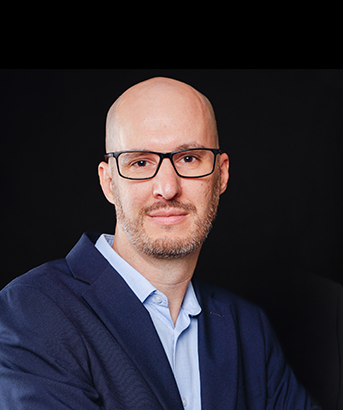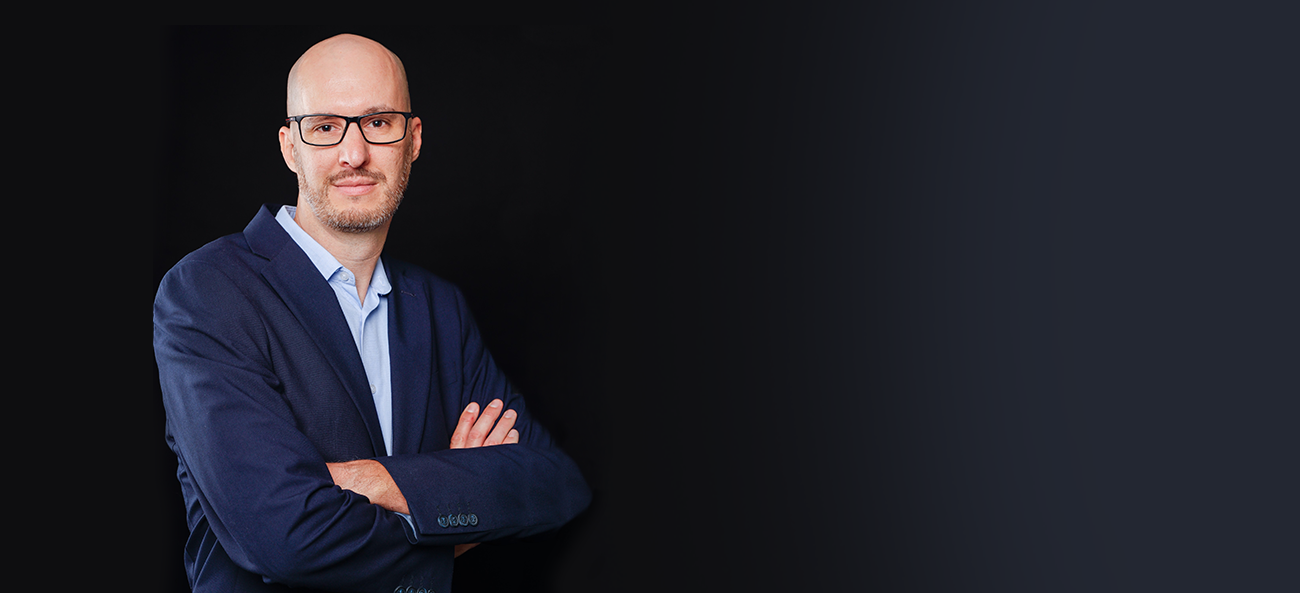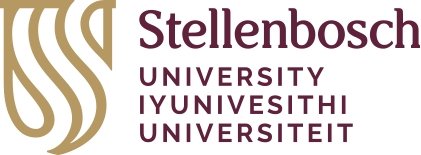
- This event has passed.
Prof Karl Storbeck
20 May 2025 @ 17:3019:30


Beyond testosterone: redefining androgen biology in human health and disease
Karl Storbeck’s interest in steroid hormone research was piqued during his honours year at Stellenbosch University, and it soon became his passion and the focus of his scientific career.
Today, Karl and his research team collaborate globally in employing cutting-edge translational approaches to investigate the role of steroid hormone biosynthesis and metabolism in human health and disease. Steroid hormones are biologically active molecules derived from cholesterol that regulate a wide range of physiological processes in humans. As key hormones of the endocrine system, steroid hormones play essential roles in metabolism, the stress response, immune function, and reproductive health. Karl’s inaugural lecture highlights the progress of his research, focusing on (i) how team science has enhanced his work, (ii) the discovery of a previously overlooked class of adrenal-derived steroids known as 11-oxygenated androgens, and their contribution to (iii) castration-resistant prostate cancer in men, and (iv) polycystic ovary syndrome in women.
Team science – As an introvert who disliked group work as a student, Karl has realised the benefit of collaboration and has become a strong advocate for team science. By combining his expertise in steroid biochemistry with his collaborators’ strengths in computational modelling and clinical endocrinology, his research benefits from a multidisciplinary approach that facilitates the translation of fundamental research into clinical application.
11-oxygenated androgens – For decades, endocrinology has recognised testosterone and 5α-dihydrotestosterone (DHT) as the only potent androgens in human physiology. However, Karl and Prof Amanda Swart were among the first to challenge this established paradigm by demonstrating the presence of the so-called adrenal-derived 11-oxygenated androgens in humans. Notably, his team has described the biosynthetic pathway to 11-ketotestosterone (11KT) and has shown 11KT to be a potent human androgen.
Castration-resistant prostate cancer – Advanced prostate cancer is treated using androgen deprivation therapy, which effectively lowers testosterone levels and inhibits androgen-dependent tumour growth. Despite the initial effectiveness of the therapy, however, the cancer invariably returns in the form of castration-resistant prostate cancer (CRPC). CRPC cells adapt to low circulating testosterone levels by developing the ability to utilise adrenal-derived androgen precursors, including 11-oxygenated androgens.
Polycystic ovary syndrome – Polycystic ovary syndrome (PCOS) is the most common endocrine disorder among women. Although often perceived as a reproductive disorder, PCOS is also a lifelong metabolic disorder driven by excess androgens. Together with a team from the United Kingdom led by collaborator Prof Wiebke Arlt, Karl played an essential part in showing that 11-oxygenated androgens contribute to the hyperandrogenism observed in women with PCOS.
WATCH THE INAUGURAL LECTURE HERE
Short biography
Karl Storbeck obtained his PhD in Biochemistry from Stellenbosch University (SU) in 2008. Following two postdoctoral fellowships, he was appointed in the Biochemistry Department of SU’s Science Faculty in 2012, where he established an independent research group focusing on steroid hormone biosynthesis and metabolism. In recognition of his work, he received the silver award of the South African Society for Biochemistry and Molecular Biology (SASBMB) in 2016. That same year, he was awarded a Newton Advanced Fellowship by the Academy of Medical Sciences, United Kingdom (UK), which allowed him to collaborate extensively with UK clinicians. This led to honorary appointments at the University of Birmingham as well as the Medical Research Council’s Laboratory of Medical Sciences, both in the UK. Karl has guided 21 PhD and MSc students through to graduation and is currently providing supervision to another seven postgraduates.
A strong believer in team science, Karl is passionate about combining his fundamental research on steroid biochemistry with clinical research in the translational space, where the research can have a direct impact on patient outcomes. By identifying 11-oxygenated androgens as potent androgens in humans, his work has challenged the long-established paradigm that testosterone and 5a-dihydrotestosterone (DHT) are the only relevant androgens in human health and disease. Globally, he is recognised as a leader in the field of 11-oxygenated androgens and is regularly invited to speak at international congresses and symposia.
Beyond research, Karl is committed to giving back to the scientific community. He is an associate editor of the Journal of Steroid Biochemistry and Molecular Biology and serves on the editorial boards of Steroids as well as Molecular and Cellular Endocrinology. Nationally, he has been actively involved in the SASBMB, serving three terms on its council, including in the role of treasurer from 2016 to 2022. He currently serves as the treasurer of the local organising committee for the 27th Congress of the International Union of Biochemistry and Molecular Biology, which will be hosted in Cape Town in 2027 – the first time that this prestigious meeting will be held in Africa. At SU, he serves on the Research Ethics Committee for Biological and Environmental Safety as well as the Faculty of Science’s Transformation Advisory Committee.

Recent Comments